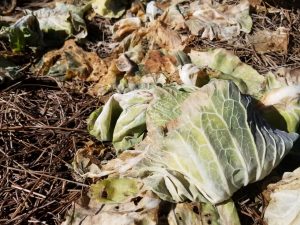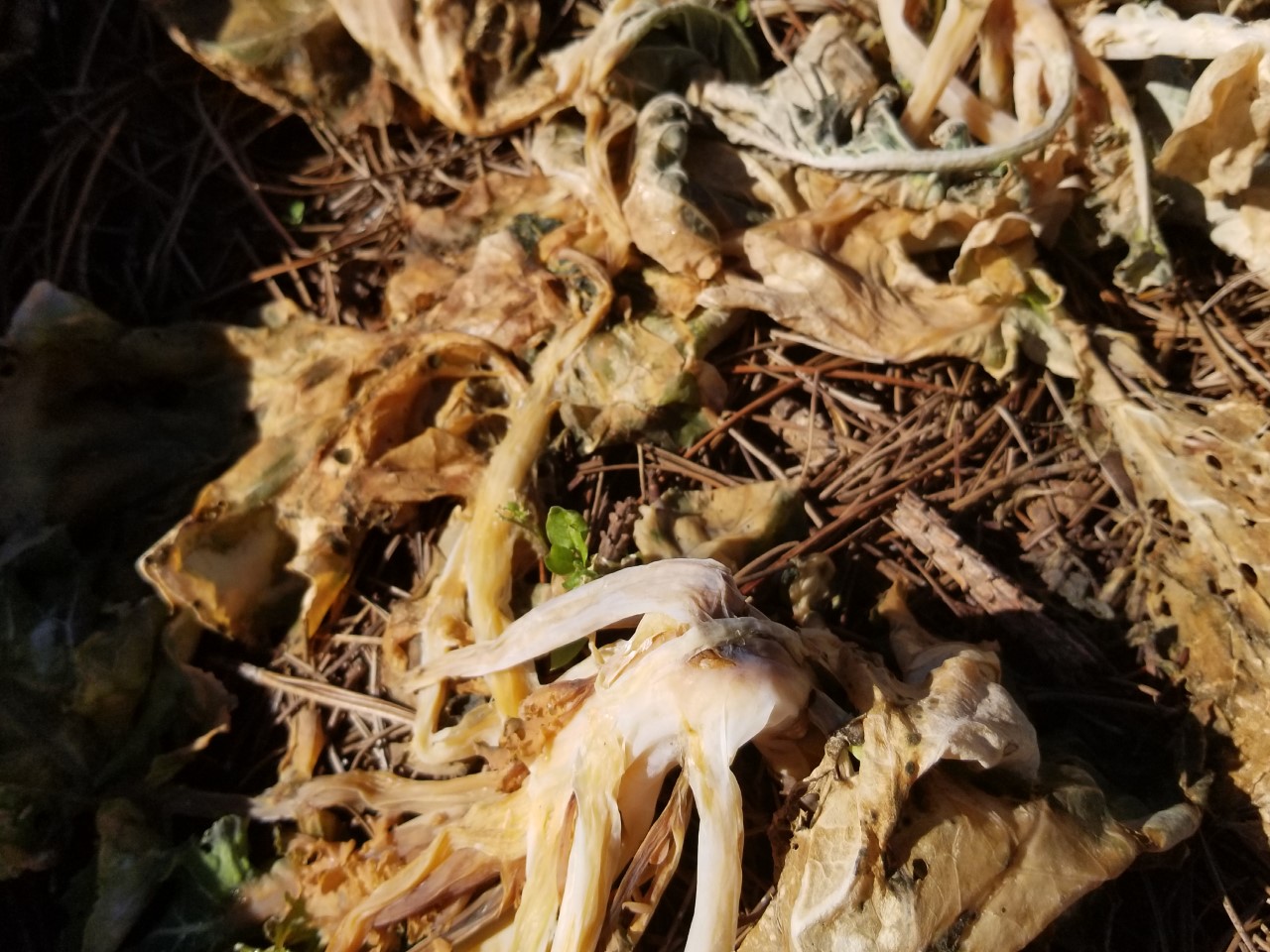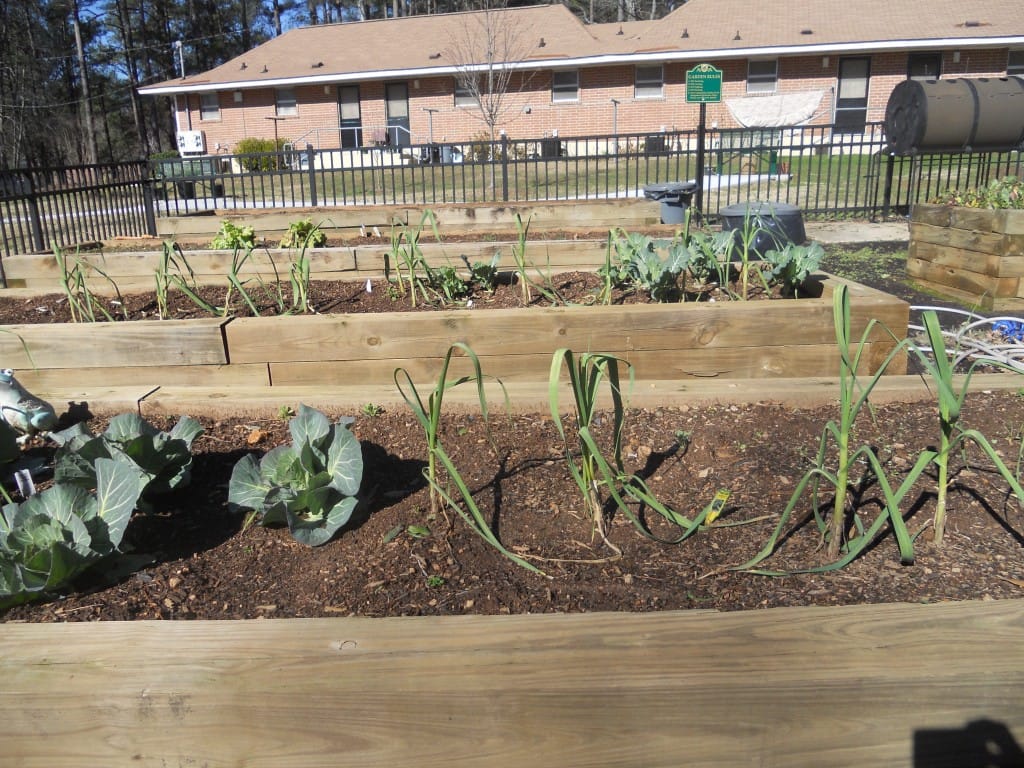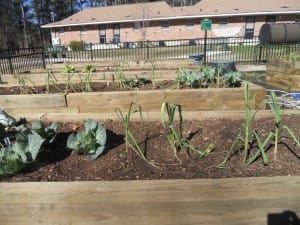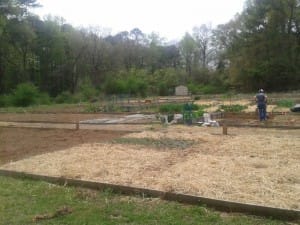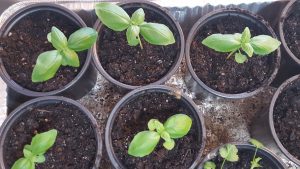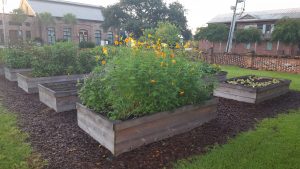There are many fantastic events planned for 2018 so mark your calendars and save these dates:
Plant Sales – now!
4-H groups and Master Gardener Extension Volunteers across the state are having plant sales. These sales feature high quality plants for reasonable prices. While picking out your plants, find out what classes and workshops are being offered this year. Contact your county Extension office for more details.
Hands-On School Garden Day (Part of Ag Week) – Monday, March 19th
To kick-off Georgia Ag Week, Hands-On School Garden Day will recognize the importance of school gardens. Plan a special workday in your garden or use the day to remind your administrators and community members about the importance of your school garden. What makes your school garden special? We would love to see photos! Post them on the UGA Community and School Garden Facebook Page!
Healthy Soil Festival – May 5th at Truly Living Well Farm
This year’s Healthy Soil Festival will have some special activities for teachers and those who work in school gardens. Stay tuned for more details!
American Community Garden Association Conference in Atlanta – September 14th-16th
This year’s conference is in Atlanta! More details will be coming but definitely put those dates on your calendar.
Great Georgia Pollinator Count – August 2019
In August of 2019 gardeners across the state will be counting pollinators as part of a year long campaign to promote best management practices in getting and keeping pollinators in your garden! You will want to be a part of this! Again, stay tuned for more information as we get closer to 2019.
Do you have an event to add? Let us know!
Happy Gardening!
